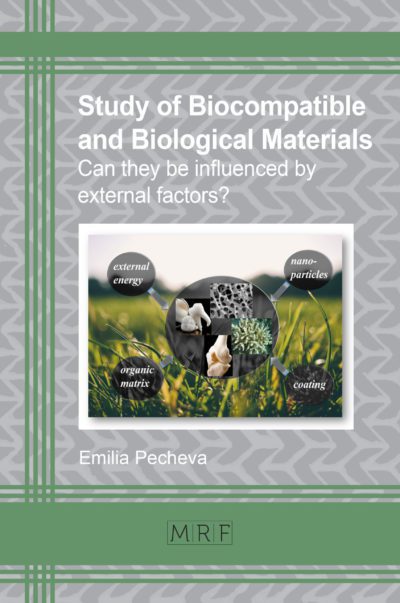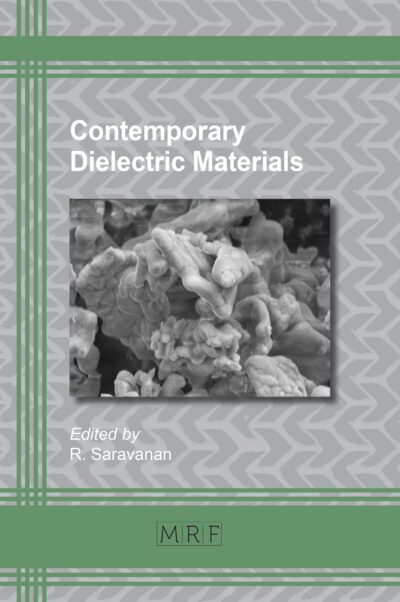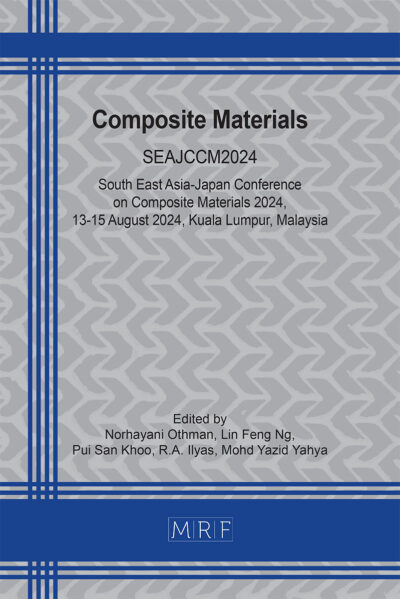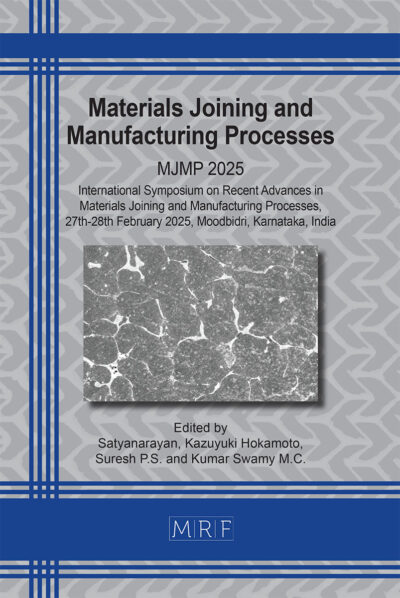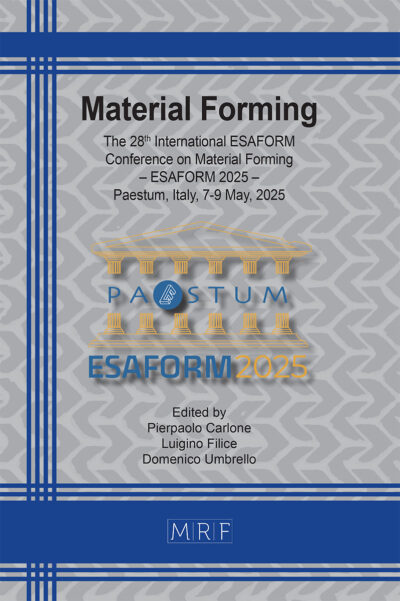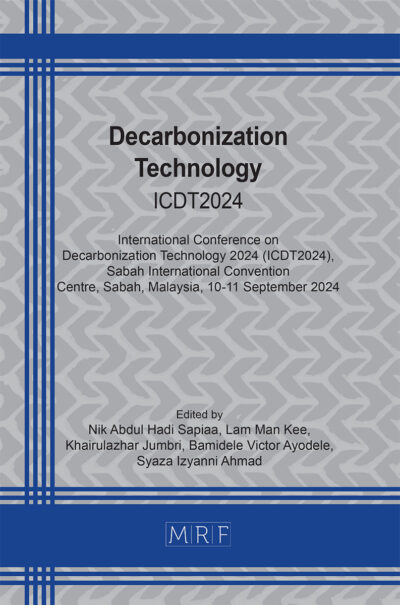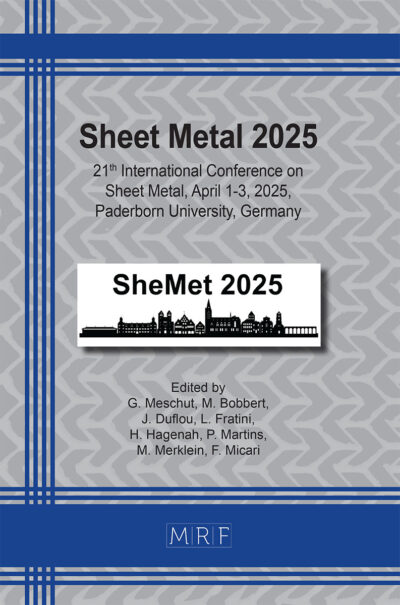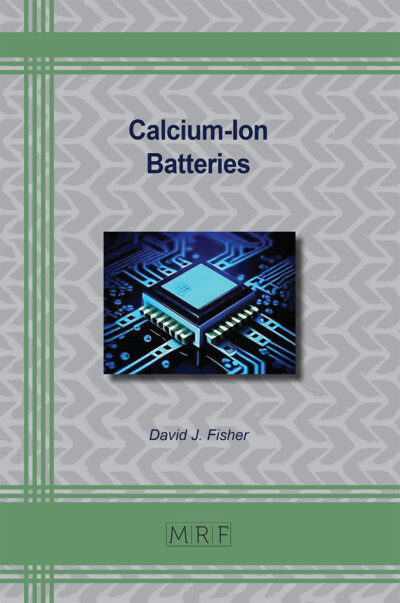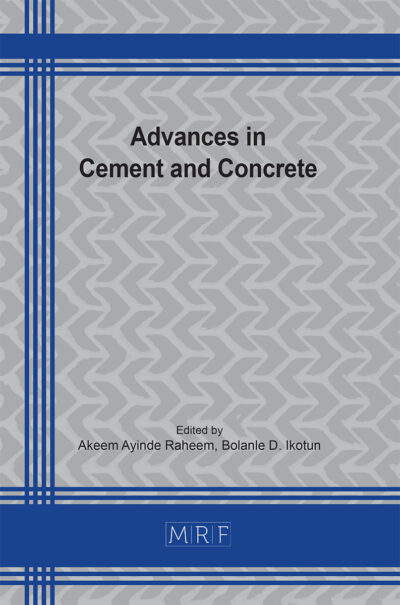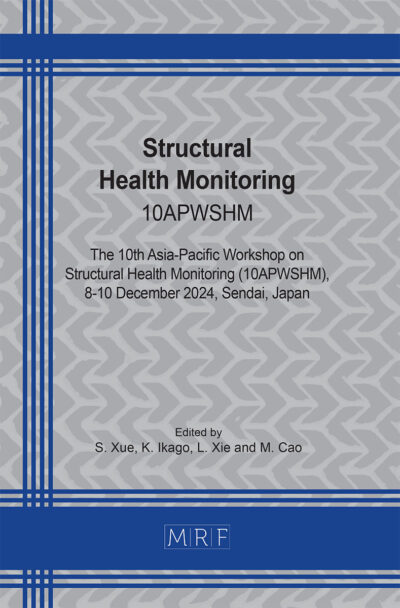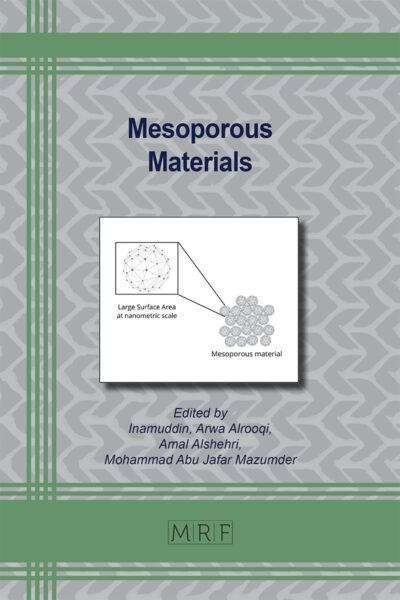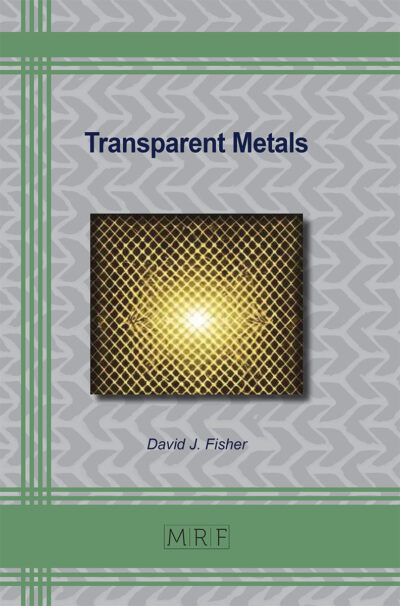Multiscale Fatigue Modelling of Metals
Ed. K.J. Dogahe
Materials Research Foundations Vol. 114
Publication Date 2022, 88 Pages
Print ISBN 978-1-64490-164-9 (release date January 2022)
ePDF ISBN 978-1-64490-165-6
DOI: 10.21741/9781644901656
Fatigue is one of the most important failure modes of engineering components. The book presents recent research regarding the multiscale modelling of metallic materials during different stages of fatigue. The various parameters that are involved in each stage are investigated.
Keywords
Fatigue Crack Initiation, Critical Resolved Shear Stress, Endurance Limit, Fatigue Crack Growth, Fatigue Lifetime Estimation, Multiscale Modelling, Paris Law, Tanaka-Mura Equation, Wöhler (S-N) Curve
Table of Contents
Numerical Determination of Paris Law Constants for Carbon Steel Using a Two-Scale Model
M. Mlikota, S. Staib, S. Schmauder, Ž. Božić
Calculation of the Wöhler (S-N) Curve Using a Two-Scale Model
M. Mlikota, S. Schmauder, Ž. Božić
On the Critical Resolved Shear Stress and its Importance in the Fatigue Performance of Steels and other Metals with Different Crystallographic Structures
M. Mlikota, S. Schmauder
A Newly Discovered Relation between the Critical Resolved Shear Stress and the Fatigue Endurance Limit for Metallic Materials
M. Mlikota, S. Schmauder


